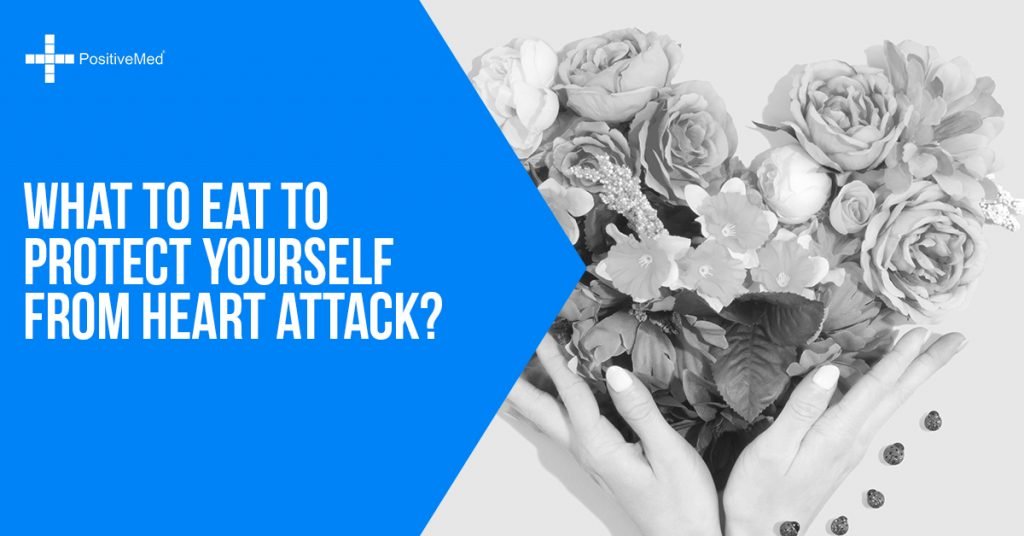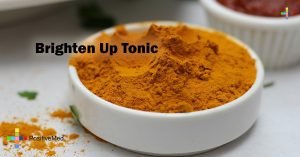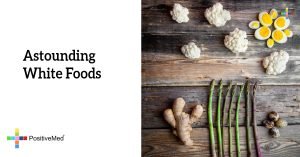Coronary artery disease is a very common condition, especially with those who eat a standard American diet full of hydrogenated oils and sugar. Roughly 1,000,000 people will have a heart attack this year. Of those, roughly 500,000 will die. Heart disease is the number 1 killer of both men and women in many countries, including America.

What is Coronary Artery Disease?
Coronary artery disease is a condition caused by blockage or narrowing of the arteries that feed your circulatory system. This occurs when cholesterol adheres to the damaged parts of your blood vessels. This damage is caused by daily fluctuations in blood pressure, smoking, diabetes, and stress. Over time, these deposits can become hard and turn into dangerous plaque that narrows the passages of your arteries.
Adding these ten foods to your diet can provide support to your circulatory system and boost your overall health:
Tumeric
Tumeric is becoming all the rage for health-conscious foodies. It’s active component, curcumin, helps to reduce tissue inflammation, reduce fat storage and even fight cancer. Best, it helps to keep platelets from clumping together to prevent the development of cardiovascular disease. A common way to consume it is to juice fresh roots with carrots and leafy green vegetables. Juicing is the best way to absorb turmeric in its purest form. But if you don’t have a juicer available, you can also add powdered turmeric to your diet.
Watermelon
Watermelon contains arginine. Arginine produces the nitric oxide that your body needs to maintain a healthy blood pressure and keep your circulatory system supple and flexible. Watermelon also reduces blood pressure because it contains more citrulline than any other food. Citrulline lowers blood pressure by helping the body to eliminate waste.
RELATED ARTICLE: When the Heart Attacks: Warning Signs for Men and Women
Avocados
Avocados are very high in the good kind of fats that you need to eat every day. The monounsaturated fat in avocados can reduce LDL cholesterol while increasing your HDL cholesterol levels.
Sardines
Fish that are high in omega-3s and vitamin D can help to lower triglycerides and cholesterol levels. They are also an excellent source of vitamin B12, which protects heart health by reducing homocysteine levels.
Berries
Berries are a nutritional powerhouse. They pack an enormous amount of nutrition into a tasty, low-calorie package. The anthocyanins and flavonoids in berries help to decrease blood pressure and dilate blood vessels. In fact, one study showed that women who ate more than three servings of berries a week reduced their risk of heart attack by 32%. Now that’s a tasty way to stay heart-healthy!
Citrus Fruits
People often recommend drinking orange juice for potassium and vitamin C, but many juices contain added sugar. They can also raise blood sugar too high because they lack fiber. Instead, it’s better to eat fresh citrus fruits. Just one lemon contains half your daily need for vitamin C and oranges are loaded with potassium. Beware grapefruit if you are on cholesterol-lowering statins because they can interfere with the effectiveness of the drug.
Unsalted Nuts
Nuts are a super yummy snack packed with fiber and vitamin E. Studies have shown that people who eat nuts have a healthier weight than those that don’t, which reduces the strain on your circulatory system.
Extra Virgin Olive Oil
here’s a reason that the Mediterranean diet is known to be so healthy. Four tablespoons of extra virgin olive oil a day can help reduce the risk of heart attack and stroke by 30%. The monounsaturated fats in olive oil reduce both cholesterol and blood sugar.
Grapes
Grapes, especially black seeded grapes, are very high in resveratrol which acts like antioxidants to protect your body from the damage that can cause a higher risk for cancer and heart disease.
Green Tea
Green tea contains catechins, which have a very healthy anti-oxidant effect. A 2006 study published in the JAMA Network showed that those who drank four or more cups of green tea a day reduced their risk of cardiovascular disease by 20%.
You can also reduce your risk for coronary artery disease by exercising more, quitting smoking, reducing alcohol consumption, reducing your intake of sugar and hydrogenated oils and reducing your stress level to prevent dangerous fluctuations in your blood pressure. And don’t forget to laugh every chance you get. A happy body is a healthy body.






